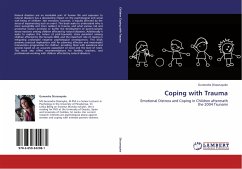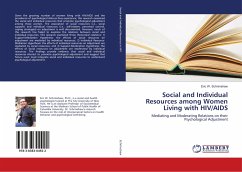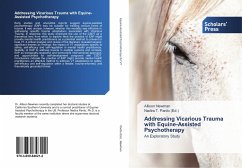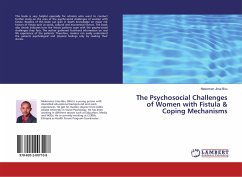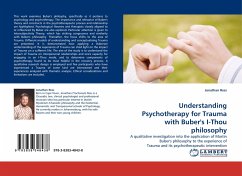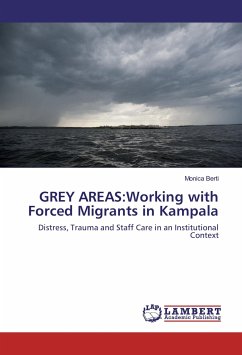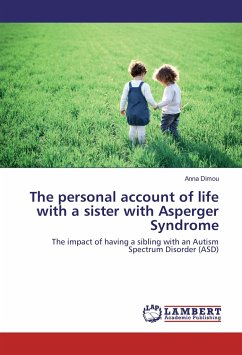Natural disasters are an inevitable part of human life and exposure to natural disasters has a devastating impact on the psychological and social well being of children. Not everyone, however, is equally affected by the stress of experiencing such an event. This book seeks to understand who is more susceptible and more resilient to trauma, and what various risk and protective factors promote or buffer the development of post-traumatic stress reactions among children affected by natural disasters. Additionally it seeks to explore the nature of post-traumatic stress persistent among children affected by the tsunami 2004, and the important role of coping in mitigating prolonged negative psychological consequences. This book presents practical implications vital for planning effective and meaningful intervention programmes for children, providing them with assistance and services based on an accurate assessment of need and the level of need. This work also offers recommendations for families, teachers, and professionals working with children affected by natural disasters.

